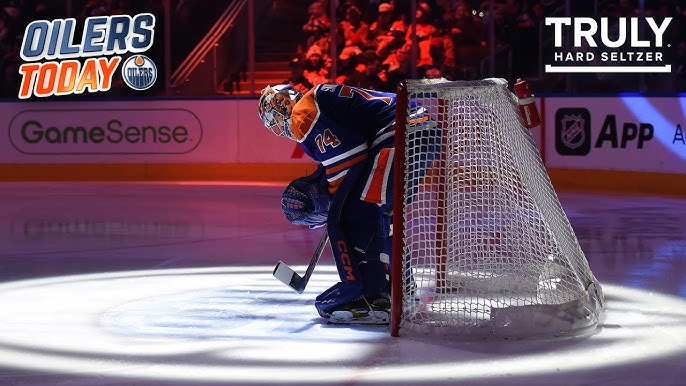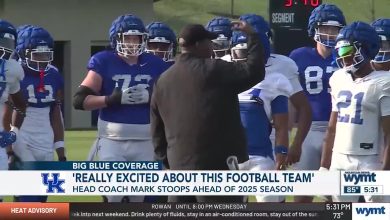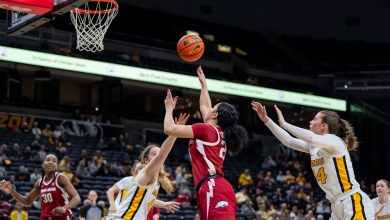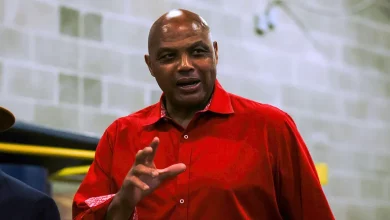Oilers hold an unusual practice at a critical time

In the high-stakes environment of the Stanley Cup Finals, every decision carries significant weight. The Edmonton Oilers’ recent practice session, held on June 9, 2025, in the aftermath of their 6–1 loss to the Florida Panthers in Game 3, has sparked considerable debate among fans, analysts, and former players. Head coach Kris Knoblauch’s choice to conduct a light, non-contact practice at such a critical juncture has been met with both support and criticism.
The Oilers entered Game 3 of the Finals tied 1–1 in the series, with the next two games scheduled to be played in Florida. A win in Game 3 was crucial to gain a series lead and capitalize on home-ice advantage. However, the team’s performance was marred by a combination of undisciplined play and a lack of physicality, resulting in 21 penalties and a 6–1 defeat. This loss underscored the need for a strategic reset and a reassessment of team dynamics.
In the wake of the loss, Knoblauch opted for a practice that deviated from the norm. Reports indicated that many of the team’s star players, including Connor McDavid, Leon Draisaitl, and Ryan Nugent-Hopkins, were absent from the session. The remaining players engaged in light drills and maintenance exercises, focusing on recovery rather than intense physical conditioning. This approach was seen by some as a necessary respite, considering the grueling nature of the Finals and the physical toll on the players.
Despite the rationale behind the decision, the practice session was met with criticism from various quarters. Fans expressed disappointment, feeling that the team should have used the opportunity to address the issues that led to the heavy loss. The absence of key players from the practice fueled speculation about their commitment and readiness for the upcoming games. Some analysts questioned the timing of the light practice, suggesting that it might convey a lack of urgency and accountability at a critical moment in the series.
Knoblauch defended his decision, emphasizing the importance of player health and mental well-being. He noted that the team had been through a physically demanding playoff run and that rest was essential to ensure peak performance in the upcoming games. Additionally, he highlighted the need for players to mentally reset and refocus, rather than dwell on the previous loss. The coach’s approach reflects a broader trend in sports where the psychological aspect of the game is increasingly recognized as pivotal to success.
This is not the first time that unconventional practice decisions have been made during critical periods. In the 2024–25 season, the Oilers faced a similar situation following a disappointing loss to the Minnesota Wild. At that time, Knoblauch also opted for a light practice, which drew criticism from fans who felt that the team needed to intensify their efforts. However, the subsequent games saw improved performances, leading some to reconsider the effectiveness of the approach.
The true impact of the practice session will become evident in the team’s performance in the upcoming games. If the Oilers can rebound with a strong showing in Florida, the decision to conduct a light practice may be vindicated. Conversely, if they falter, the choice may be scrutinized as a misstep. The balance between physical preparation and mental readiness is delicate, and finding the right equilibrium is crucial for success in high-pressure situations.
In the high-stakes environment of the Stanley Cup Finals, every decision carries significant weight. Kris Knoblauch’s choice to conduct a light practice following a heavy loss was a calculated risk aimed at preserving player health and mental focus. While the decision has sparked debate, its effectiveness will ultimately be determined by the team’s performance in the forthcoming games. In the end, success on the ice will be the ultimate measure of the wisdom behind the practice session.









